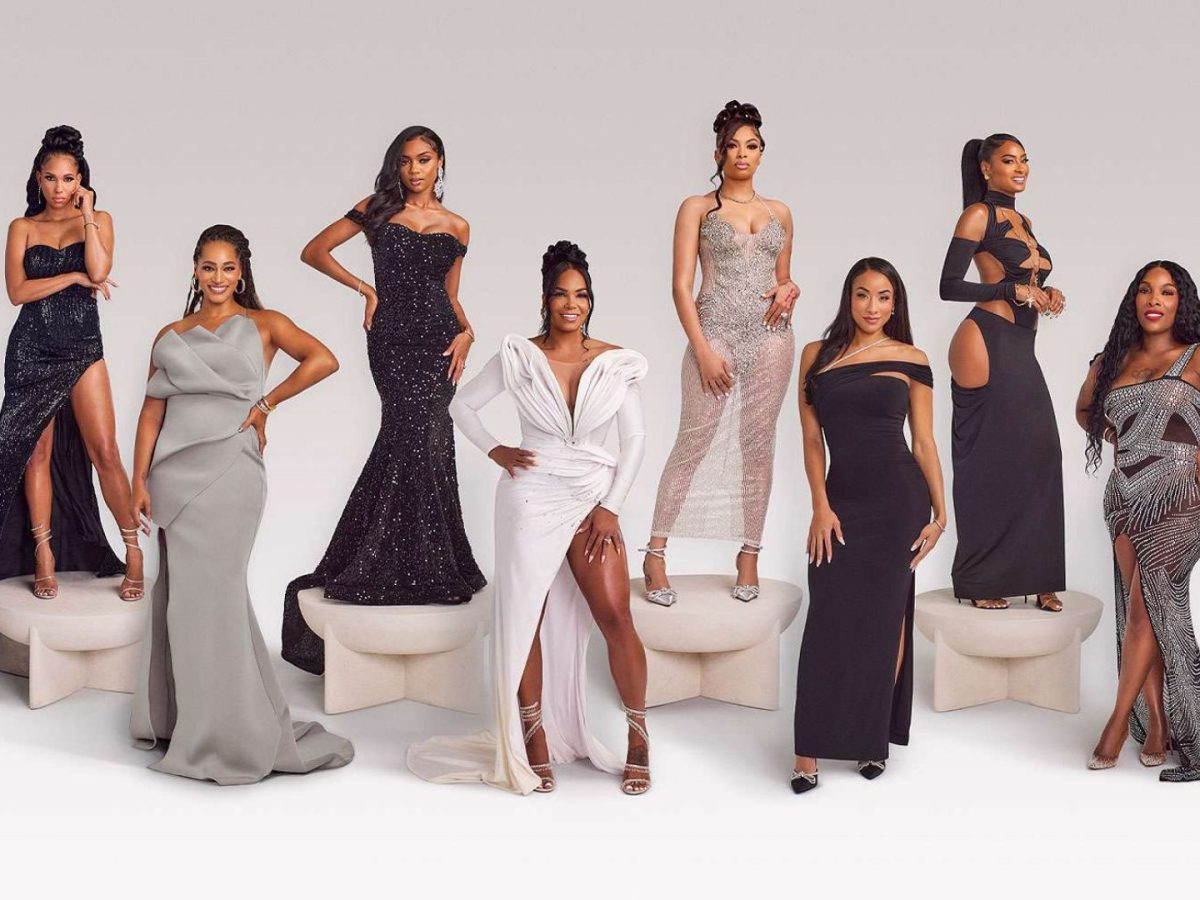
As the beginning of the year unfolds with anticipation for new seasons premiering across all streaming platforms, Netflix has capitalized on the growing interest in the lives of wives and girlfriends of athletes or entertainers, WAGs, by releasing its newest reality television program W.A.G.S. to Riches. This series follows eight Black women as they navigate their experiences within the sports world. The show made its grand entrance with an announcement that in Miami, it’s a WAG’s world, and these women run the show. During this grand reveal, the show hints at redefining the old way of looking at WAGs, as these ladies are determined to demonstrate how they make their own money and elevate not only themselves but also their significant others. After the release, the internet buzzed with confusion over the storylines and antics presented in the series that do anything but uplift.
In their defense, it’s important to note that these women have little control over the editing and production of the show, and there are a limited number of episodes released, which hinders a well-rounded opinion. However, one might wonder whether this television program mostly promotes the idea of the “mean girl complex.” In its first two episodes, it indeed appeared as such, as viewers felt forced to develop strong opinions about each character before understanding the backgrounds of these women as a collective. Following the premiere, many cast members were critical of former NFL star Ochocinco’s then-fiancée and real estate agent, Sharelle Rosado’s initially aggressive demeanor, as she appeared to seek the title of “queen bee.”
Initially, the series addressed the troubling experience of cast member Lastonia “Stoni” Leviston, whose “private film” was leaked during a rap beef between her ex-boyfriend rapper Rick Ross and fellow rapper 50 Cent, which greatly impacted her mental health. Plus, unbeknownst to her, her social standing among the cast for the majority of the season, she was met with cold shoulders and whispers from the more dominant women in the group. Their behavior highlighted the ongoing negligence and judgment faced by women who have shared their past traumas publicly for decades. By downplaying another woman’s trauma to sensationalize a storyline, they silence countless women who fear speaking out about their experiences with revenge porn and sexual assault. This heartbreaking incident left many viewers questioning the true substance and purpose of the reality TV show.
While many women can relate to the misplaced judgments stemming from being with influential figures, it’s essential to dismantle the stereotypes that perpetuate the notion of “mean girl” behavior among groups of women by avoiding being critical of another woman’s journey. It is imperative that these women strive to find a place of solace within one another.
Throughout the show, several cast members expressed their belief that Rosado exhibited “mean girl” behavior through her constant shading and lack of empathy toward those she perceived as threats to her social standing. After Rosado was called out for her behavior by media personality and fiancée of footballer Robbie Anderson, Sadé Vanessa, and jokingly by Maranda Johnson, Kodak Black’s girlfriend, she began to realize that she might have been too critical of Stoni. This realization was spurred by witnessing the rapid escalation of an altercation between controversial media personality Julz Goddard and real estate agent, Kenea Danair.
In a room filled with Black excellence, tensions arose when Kenea confronted Julz about her digital presence, which showcased her as lacking cultural sensitivity, leading to her being labeled a “culture vulture.” Shortly after the altercation, Julz was heard saying, “My hair is real,” after questioning what Kenea does for the Black culture. Are you confused yet? Well, you aren’t the only one, as this event left everyone, including the cast members, puzzled. This explosive storyline demonstrates how a lack of awareness toward racial innuendos can not only damage how society views women as a collective, but also how Black women must uphold a different standard when engaging in conflict to avoid potential racial tensions from emerging.
As the drama subsided, it was revealed that Goddard was emotional due to having an abortion, and she stated that Rosado had known about this before she arrived at the party. Consequently, Goddard felt caught off guard when Rosado asked when she might want more children. Many people wondered if this was merely a misunderstanding or a subtle jab that could reinforce accusations of Sharelle being a “mean girl.” While it’s important to address and not condone racial insensitivity, there’s another issue to consider. The dismissal of Goddard’s pregnancy loss highlighted how some women harshly judge others for their choices between pro-life and pro-choice stances. Can we genuinely call ourselves “girl’s girls” if we fail to extend grace to one another during traumatic situations that impact our mental health and well-being?
If another season emerges, producers need to go back to the drawing board and focus on its overall takeaway and shift away from unnecessary conflicts, and instead highlight the achievements these women have made in their love lives and careers. While there is a demand to see more women create luxurious lifestyles for themselves, it should not be at the expense of misrepresenting successful Black women that have more to offer to the world than senseless drama. A valuable piece of advice regarding this series is to avoid immediately judging women who are dealing with the effects of past traumas from their previous and current relationships. Viewers often watch reality TV shows because they can see parts of themselves reflected in the experiences. Such shows provide a glimpse into what it might be like to face public scrutiny over personal relationships. To echo Sadé’s sentiments, rather than feeding off each other’s egos and finding enjoyment in belittling women, it is essential that we focus on creating meaningful storylines. These narratives should illustrate how women can find a safe haven in one another instead of being sources of critical judgment.